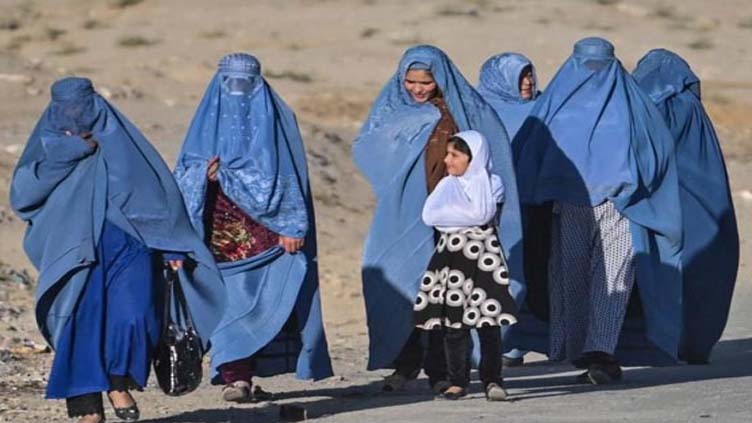There has been a significant increase in the cases of confiscation of women’s right to inheritance in Khyber Pakhtunkhwa and other parts of the country. According to the report of the Federal Ombudsperson Secretariat for Protection against Harassment (FOSPAH), as many as 699 women haven’t received their due share in the property, depriving them of their rightful inheritance since last year. Approximately 613 women were unable to obtain their property share in 2023, while 86 such cases have been reported in the first quarter of the current year. The FOSPAH was successful in securing property for two women only.
A woman has the right to inherit anything whatever any of his loved ones bequeathed to her as an inheritance or death gift equally with brothers and other family members. Women’s right to inherit property has evolved significantly in various societies and legal systems over time across the world. In many ancient societies, property inheritance was primarily governed by patriarchal norms. Typically, men (sons) were the primary heirs, while women had limited or no rights to inherit property left by their parents, husbands, or heads of the families. During the Middle Ages, European feudal systems often restricted women’s inheritance rights, the same goes for Asia and Africa. Historically, Islam gave women their due share in the inheritance left by their father as well as the legacy left by the husband and other blood relatives including son, brother, mother, etc. Meanwhile, a woman can hold sole ownership of any inherited or allotted property as well as file a lawsuit to obtain her share if confiscated forcefully by anyone.
Unfortunately, our society has adopted the traditions of medieval-age Europe and backward ancient Africa wherein the tribal leaders, landlords, and rich segments of the society avoid distribution of their properties among its rightful inherts particularly women or girls for fear of division or going into the hands of other person/ tribe. To avoid such circumstances, either girls are not married out of the family or they are deprived of their inheritance altogether.
Despite being a legally protected right, the denial of inheritance to women remains a conflicting reality that plagues the socio-economic landscape of the country. Although efforts are being made to empower women socially and economically, yet Pakistani women are conditioned to acquiesce with a secondary status that stifles self-reliance, self-worth, and a sense of independence in certain families, regions, and societies across the country. Although, several mechanisms have been in place to protect women from such discrimination but situations have not changed so far. Our system is still weak and needs reforms and empowerment to effectively address this issue in our society.







